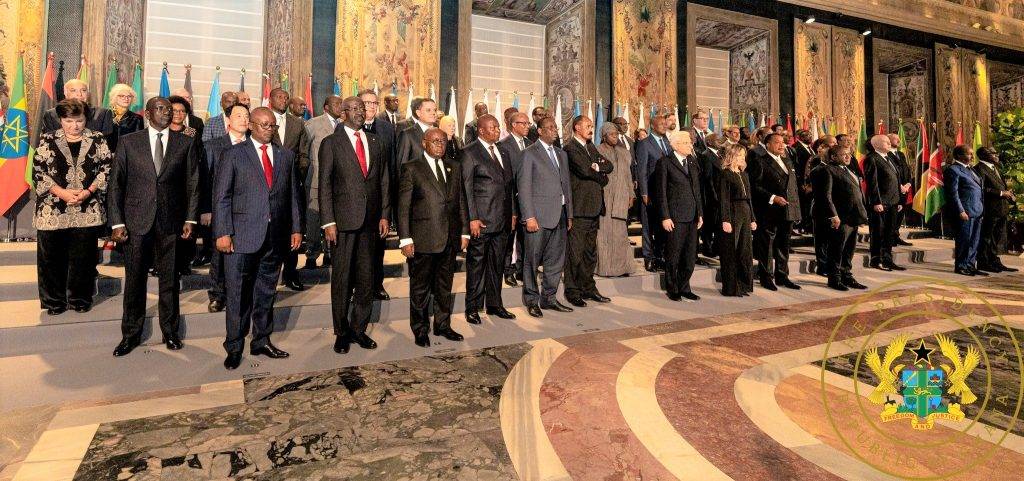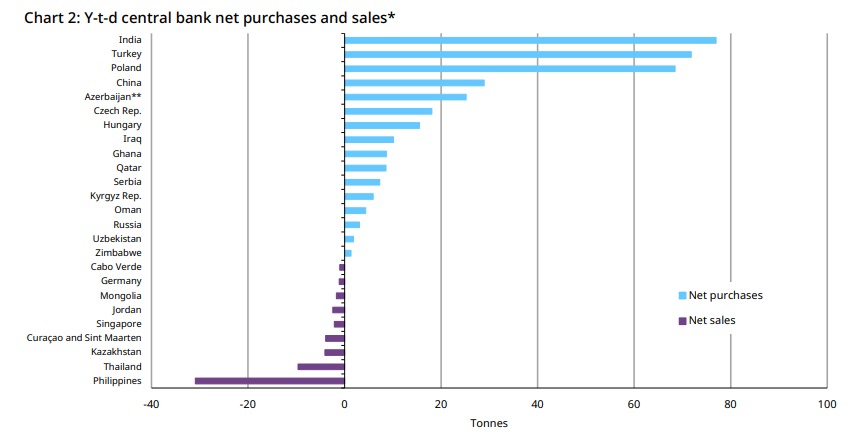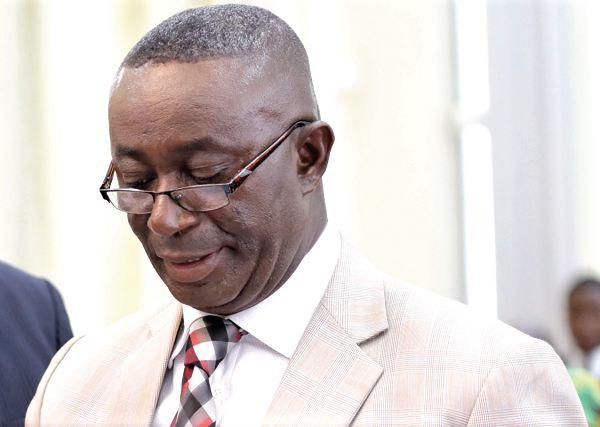
The digital age has opened a world of opportunities for children, but these benefits come with significant risks.
This came to light when experts discussed the topic at the Internet Governance Forum in Riyadh, Saudi Arabia, on Tuesday, this week.
The theme for the discussion was: “Protecting Children’s Rights in the Digital World.”
Understanding the Digital Threat Landscape
Eugene Kaspersky, a cybersecurity expert, opened the discussion by reflecting on the evolution of children’s interactions with technology.
“When we were kids, we played different games. Now, kids are playing online games. It’s not necessarily bad—it’s just different skills being developed,” he said. However, Kaspersky emphasised the importance of moderation and monitoring.
“The major problem is the randomness of the content they consume and the people they interact with online,” he cautioned.
He also warned about “smart toys” connected to the internet, which are vulnerable to hacking and can be used to manipulate children.
Mr. Kaspersky advocated for a balanced approach, stating “We need to control the content they consume, the people they contact and the safety of the toys they play with, while allowing them to use technology to develop positive skills.”
The Role of Education and Regulation
Prof Muhammad Khurram Khan, of King Saud University, stressed that safeguarding children online requires a multifaceted approach.
“If you think technology will solve all your problems, you don’t understand technology or your problem,” he remarked, underscoring the need for oversight and regulation.
He proposed a three-tiered framework;
- Strategic Level: Establishing regulations, governance, and compliance.
- Tactical Level: Implementing standards for tech platforms, including age verification protocols and child-appropriate design.
- Operational Level: Leveraging tools like parental controls and integrating digital literacy into school curriculums.
“It’s not just about building technology; it’s about building awareness and education—for children, parents, and educators,” Prof. Muhammad said.
He called for global cooperation to address cross-border cybercrimes, particularly those targeting children.
The Challenges of Technological Solutions
Mr Kaspersky highlighted the limitations of technological solutions like parental controls. “Kids are smart. By the time they’re 13 or 14, they find ways to disable these tools,” he said.
While such measures are effective for younger children, older teens often outsmart them.
He emphasized the need for international collaboration to tackle harmful online content and cybercriminals. “The internet has no borders, and unfortunately, geopolitical tensions sometimes hinder cooperation. This creates opportunities for bad actors,” he warned.
A Balancing Act: Risks vs. Opportunities
Prof. Muhammad provided a nuanced perspective, noting that while the internet poses risks, it also offers immense benefits, particularly for marginalized communities.
He shared a personal anecdote: “A few months ago, our cook’s six-year-old daughter used YouTube to teach her mother how to prepare a dish she’d never made before. This is the age we live in—technology can be a lifeline.”
However, he acknowledged the darker side of the digital world, including cyberbullying, which has been linked to increased rates of depression and suicide among children. “We need to inspire and educate children to be better Citizens. Digital literacy is key to navigating risks and maximizing benefits,” he said.
META’s Approach to Online Safety
Ms. Deepali Liberhan, Global Director of Safety Policy at META, outlined the tech giant’s initiatives to protect young users.
“We want young people to connect with family and friends and explore their interests without worrying about safety,” she said.
META has implemented over 50 safety features, including:
- Defaulting teen accounts to private.
- Strict messaging settings to prevent unwanted interactions with adults.
- Enhanced content controls to limit exposure to sensitive material.
- Time management tools, such as reminders to log off after an hour and automatic sleep mode from 10pm to 7am.
“These measures address key concerns—content, contact risks, and screen time. We have collaborated with experts, parents, and teens to build age-appropriate experiences,” Ms. Deepali explained.
The Path Forward
Panelists agreed on the importance of a multi-stakeholder approach. Governments, tech companies, educators, and parents must work together to create a safer digital environment.
Prof. Muhammad Khurram Khan concluded with a call to action: “Children are not just passive users; they are future citizens. We need to inspire them to use technology responsibly while protecting their rights and ensuring their safety.”
As the digital landscape evolves, protecting children’s rights online will require continuous innovation, collaboration, and vigilance. The discussions at the Internet Governance Forum served as a critical step toward achieving this goal.
The post IGF 2024: Global Leaders Call for Stronger Safeguards for Children in Cyberspace appeared first on The Ghanaian Chronicle.
Read Full Story


















Facebook
Twitter
Pinterest
Instagram
Google+
YouTube
LinkedIn
RSS